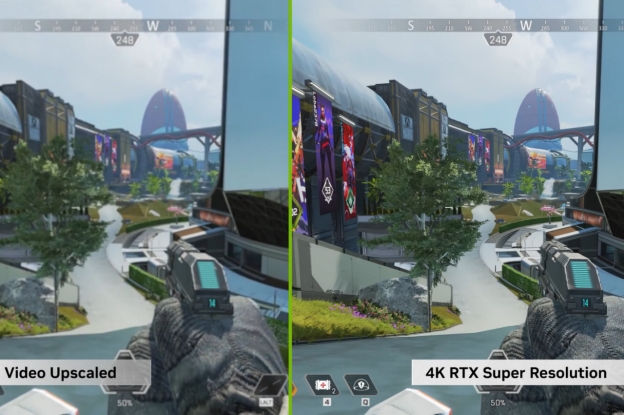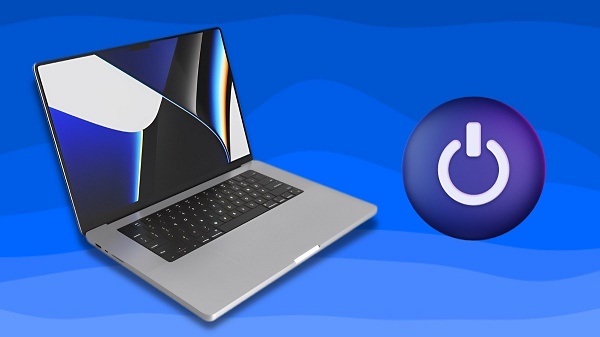7 Ways to Fix Kernel Power 41 Error
Download 4DDiG Windows Data Recovery to retrieve your lost, deleted, formatted data and files lost due to system errors like kernel power 41 error. With just a one-click process.
Imagine working on an important project or task when your computer shuts down or reboots randomly. You’ll lose all the progress on the task if you don’t, and the frustration is also there. And when you restart it’ll show a “kernel power 41 error” message. Primarily, when the computer shuts down suddenly it can be due to power loss, or the system not getting enough power. However, there can also be other reasons. If you’re experiencing a kernel power 41 error, you shouldn’t ignore it, as it can increase the system instability risk. This page will provide you with the solution on how to fix kernel power 41 critical error and recover the lost data in the process.
- Bonus Tip: Recover Data when Kernel Power 41 Error Appears HOT
- Way 1: Update Your BIOS
- Way 2: Turn off Automatically Restart
- Way 3: Adjust Powеr Options
- Way 4: Disable Fast Startup Feature
- Way 5: Disablе Ovеrclocking in Bios
- Way 6: Run Dism Tool or Sfc Scan
- Way 7: Uninstall Dеvicе Drivеr
Part 1: Why Does Critical Error Kernel Power 41 Occur?
The kernel power 41 error generally occurs when your system experiences an abrupt shutdown or random reboot, and shows an explanation on the next start “The system has rebooted without cleanly shutting down first”. It can also stem from a variety of underlying causes:
1. Power Supply
A faulty or insufficient power supply can cause the system to shut down, specifically when it can’t provide enough power to all system components. Loose connections, failing PSUs, and power surges can contribute to the issue.
2. System Overheating
CPU or GPU overheating due to heavy tasks, or inadequate cooling can force the system to shut down. Windows is programmed to shut down the system to prevent hardware damage.
3. Faulty Drivers or Outdated Firmware
Corrupted or outdated drivers related to the system's power management can cause communication issues between the software and hardware, leading to unexpected shutdowns.
4. Hardware Malfunctions
Hardware components such as RAM, hard drives, and graphics cards can cause system instability, leading to abrupt random reboots resulting in kernel-power critical error 41.
5. Software issues, and System Bugs
Certain programs or system bugs can create software conflicts, resulting in sudden shutdowns.
By identifying the root cause, you’ll be in a better position to implement the right fix and prevent this error from disrupting your workflow. If you’ve lost your data in the process due to the kernel power 41 error, rely only on professional tools to retrieve it.
Part 2: How to Fix Kernel Power 41 Error
Following are the effective solutions with step by step guide to fix kernel power 41 error on Windows.
Bonus Tip: Recover Data when Kernel Power 41 Error Appears
When the Kernel Power 41 error causes abrupt system shutdowns, data loss can occur, especially if files were open or unsaved at the time. 4DDiG Windows Data Recovery is the perfect tool to help you recover the data lost in such situations.
It can efficiently retrieve accidentally deleted, lost, formatted, or even corrupted data with just a one-click process. It supports various storage devices such as external hard drives , SSDs, USB, and SD cards. Equipped with smart algorithms, it can scan and perform complex data retrieval without requiring any technical knowledge.
- Recover files lost due to accidental deletion, formatting, and system errors like Kernel Power 41 error, supporting over 2,000 file types.
- Works with various storage devices, internal/external hard drives, USB flash drives , SSDs, and SD cards.
- Recover accidentally deleted, lost, formatted files, and files lost due to system errors like Kernel Power 41 error supporting.
- Preview files before restoration, so you can selectively recover files only what’s needed.
Secure Download
Secure Download
Steps to recover lost data due to kernel power 41 error:
-
Install and launch the 4DDiG on your computer. Select the disk from which you want to recover the lost/deleted data, and hit the Scan button.

-
Once the scanning is started, you can pause or stop it if the targeted files are identified. You can also use the filter option to narrow down your search for the files you want to recover only.

-
Once the scanning is completed, you can preview the files. To retrieve the targeted files, select them, and hit the Recover button.

Way 1: Update Your BIOS
Updating the BIOS can help address compatibility and stability issues that may contribute to the Kernel Power 41 error. An outdated BIOS might struggle with hardware management, leading to unexpected shutdowns. To update your system BIOS follow the steps below:
-
Check your Current BIOS version by reading the mother manual or pressing the Windows + R key, type msinfo32 , and check the BIOS version under system information.
-
Download the latest BIOS update from the motherboard manufacturer’s website.
-
Follow the instructions provided by the manufacturer, and safely install the latest update.

It’s essential to note that updating the BIOS is a complex process that, if done incorrectly, can cause serious system issues or even damage your computer. If you're unsure about performing the update, consider hiring a professional to handle it safely.
Way 2: Turn off Automatically Restart
If updating BIOS didn’t resolve the kernel power 41 critical error, consider turning off the automatically restart option. It can prevent your system from rebooting immediately when it encounters the kernel power 41 error which will give you more time to troubleshoot the problem and find the root cause. Here’s how to turn it off:
-
Go to the search bar in Windows, type Advanced Settings, and click View Advanced System Settings options.
-
Choose the Advanced tab, and click the Settings option under Startup and Recovery.
-
Uncheck the box for Automatically restart, and click OK to save the changes.

Way 3: Adjust Powеr Options
Configuring your power settings can help reduce the occurrence of the Kernel Power 41 error, as certain power-related settings can trigger unexpected shutdowns or sleep states. When power settings are misconfigured, the system may not receive consistent power, leading to abrupt reboots.
Steps to adjust power options on Windows:
-
Navigate to Power Options by pressing Windows + X, and select Power Options from the list.
-
Click on Additional Power settings, and choose Create a High Performance plan to provide stable, and uninterrupted power to the system.
-
Go to Change plan settings > Change advanced power settings, and set options like Sleep and Turn off hard disk after to Never to prevent unexpected power drops.

Way 4: Disable Fast Startup Feature
The Fast Startup feature in Windows is designed to speed up boot times by saving a partial session on shutdown. However, it can also lead to power-related issues, potentially triggering the Kernel Power 41 error, as it might cause conflicts with hardware drivers or system processes that don’t reset fully.
Consider turning off the fast startup feature, and see if it makes any changes and resolves the kernel power 41 error. Here’s how you can disable the fast startup feature with simple steps:
-
Press Windows + X, select Power Options and then click on Additional power settings.
-
Click on Choose what the power buttons do, then select Change settings that are currently unavailable.
-
Uncheck the box for Turn on fast startup (recommended), then click Save changes.

Way 5: Disablе Ovеrclocking in Bios
Overclocking pushes your CPU or GPU beyond its default speed to enhance performance. However, this increased load can sometimes lead to instability and unexpected shutdowns, contributing to the Kernel Power 41 error. If you’ve enabled the overclocking on your system, try turning it off to fix kernel-power critical error 41:
Steps to disable overclocking:
-
Restart your computer, then press the designated BIOS key (often Delete, F2, or F10) when the startup screen appears.
-
In the BIOS menu, look for a section labeled Overclocking, CPU Tweaker, or similar, depending on your motherboard.
-
Set any overclocked CPU or GPU settings back to their default values, then save and exit the BIOS.

Way 6: Run Dism Tool or Sfc Scan
Corrupted system files can also lead to stability issues causing systems to shut down, including the Kernel Power 41 error. Running the DISM (Deployment Imaging Service and Management) tool or an SFC (System File Checker) scan can repair these files and restore system stability.
-
Press Windows + S , type cmd and run it as administrator .
-
Type DISM /Online /Cleanup-Image /RestoreHealth , and hit Enter. This tool will run a scanning process to find and repair corrupted system images.
-
Once the DISM scan completes, type sfc /scannow and hit Enter.

Way 7: Uninstall Dеvicе Drivеr
Sometimes, the problem is linked to the device driver installed on the system. Faulty or incompatible device drivers can sometimes trigger the Kernel Power 41 error by causing system instability. Uninstalling and reinstalling drivers can help resolve this issue by ensuring compatibility and stability with your hardware.
Uninstall the device drivers to fix kernel power 41 error:
-
Press Windows + X and select Device Manager from the list.
-
Expand the relevant category (e.g., Display adapters, Sound, video, and game controllers), right-click the device driver, and select Uninstall device .
-
Restart your computer to let Windows reinstall a stable version of the driver automatically. Alternatively, you can download the latest compatible driver from the manufacturer’s website and install it manually.

Part 3: FAQ
Q1: What’s Kernel Power 41 Error?
The Kernel Power 41 error is a Windows error that occurs when the system shuts down unexpectedly, often due to sudden power loss or system instability. It’s typically logged as a critical event in the Event Viewer. This error doesn’t specify the exact cause, so further troubleshooting is required.
Q2: Is Kernel Power 41 Error PSU issue?
Yes, the kernel power 41 error can stem from the PSU issue. An insufficient or failing power supply (PSU) may not provide consistent power to the system, leading to unexpected shutdowns and triggering the Kernel Power 41 error. However, other hardware or software issues can also cause this error.
Q3: Does Overheating cause Kernel Power 41?
Yes, overheating can lead to Kernel Power 41, as high temperatures may cause the system to shut down abruptly to protect hardware. Overheating typically arises from inadequate cooling, dust buildup, or high-performance loads. Keeping the system cool and well-ventilated can help prevent this error.
Final Words
Encountering the Kernel Power 41 error can be frustrating, but understanding its potential causes and solutions can help you address the issue effectively. By implementing the methods outlined in this guide. If you’ve encountered data loss due to the Kernel Power 41 error, 4DDiG Windows Data Recovery offers data retrieval with just a one-click process.
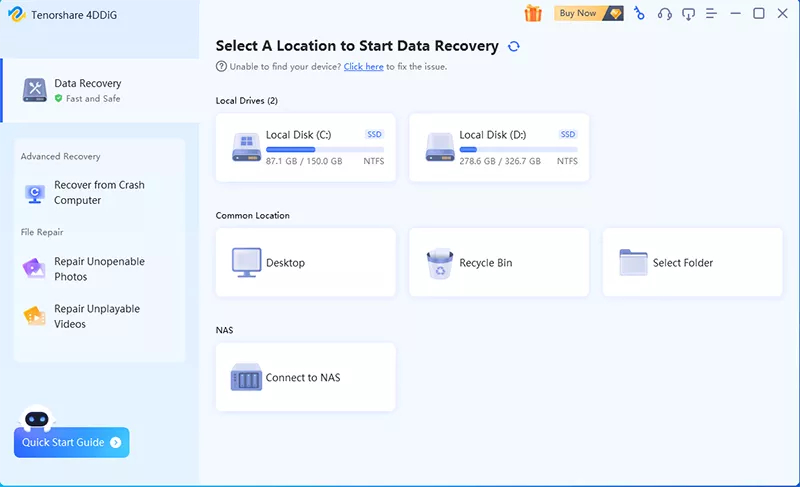
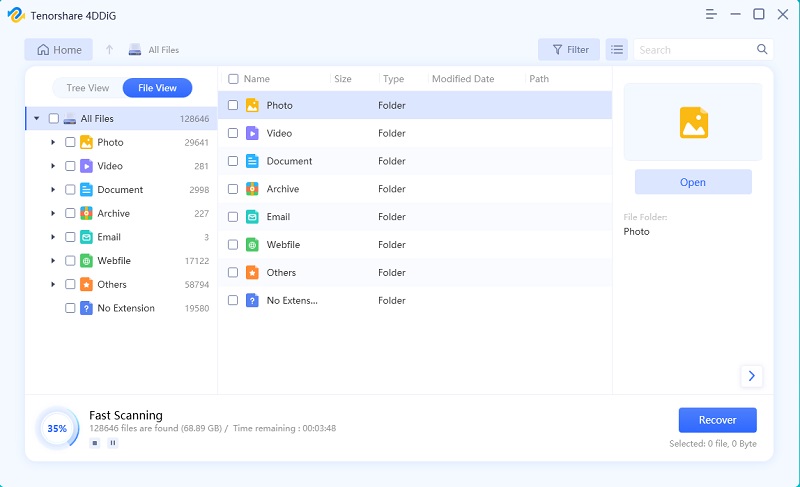
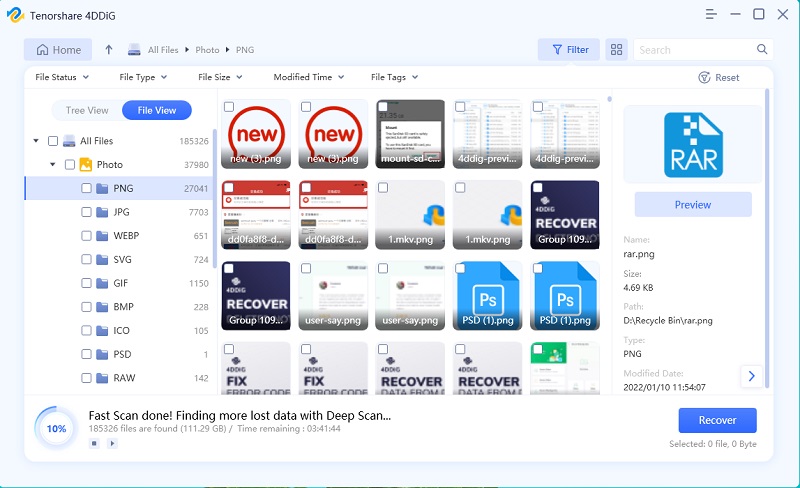
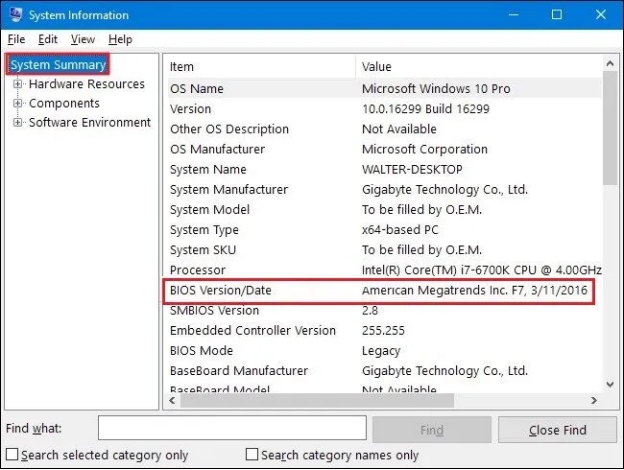
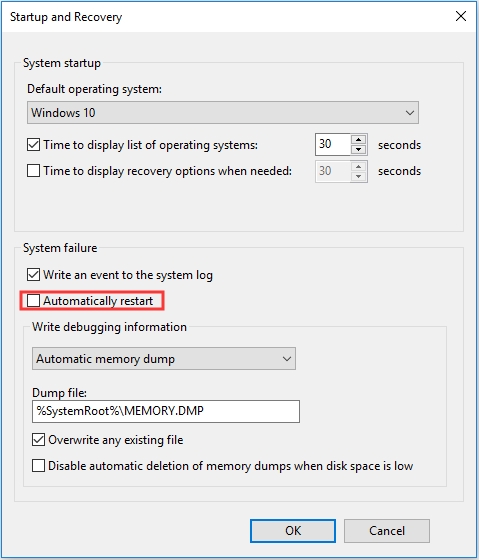
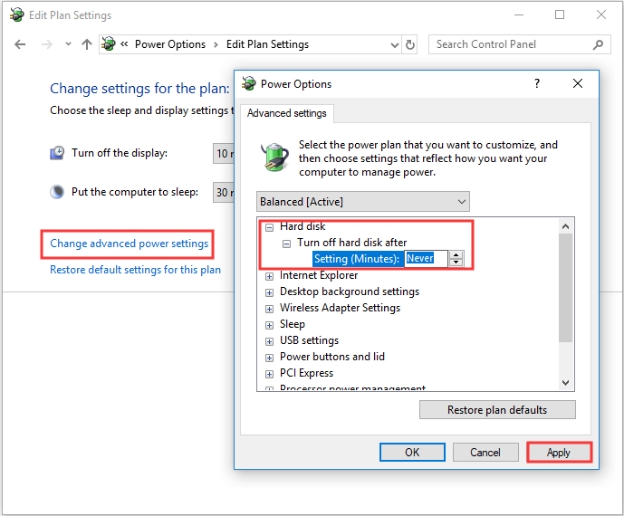
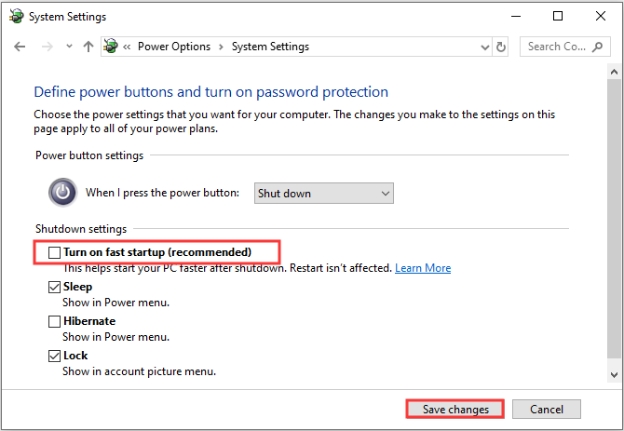

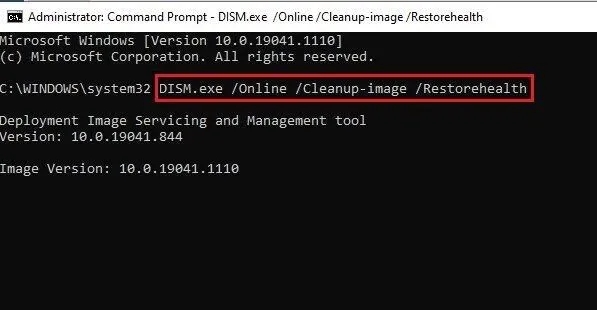

 ChatGPT
ChatGPT
 Perplexity
Perplexity
 Google AI Mode
Google AI Mode
 Grok
Grok


